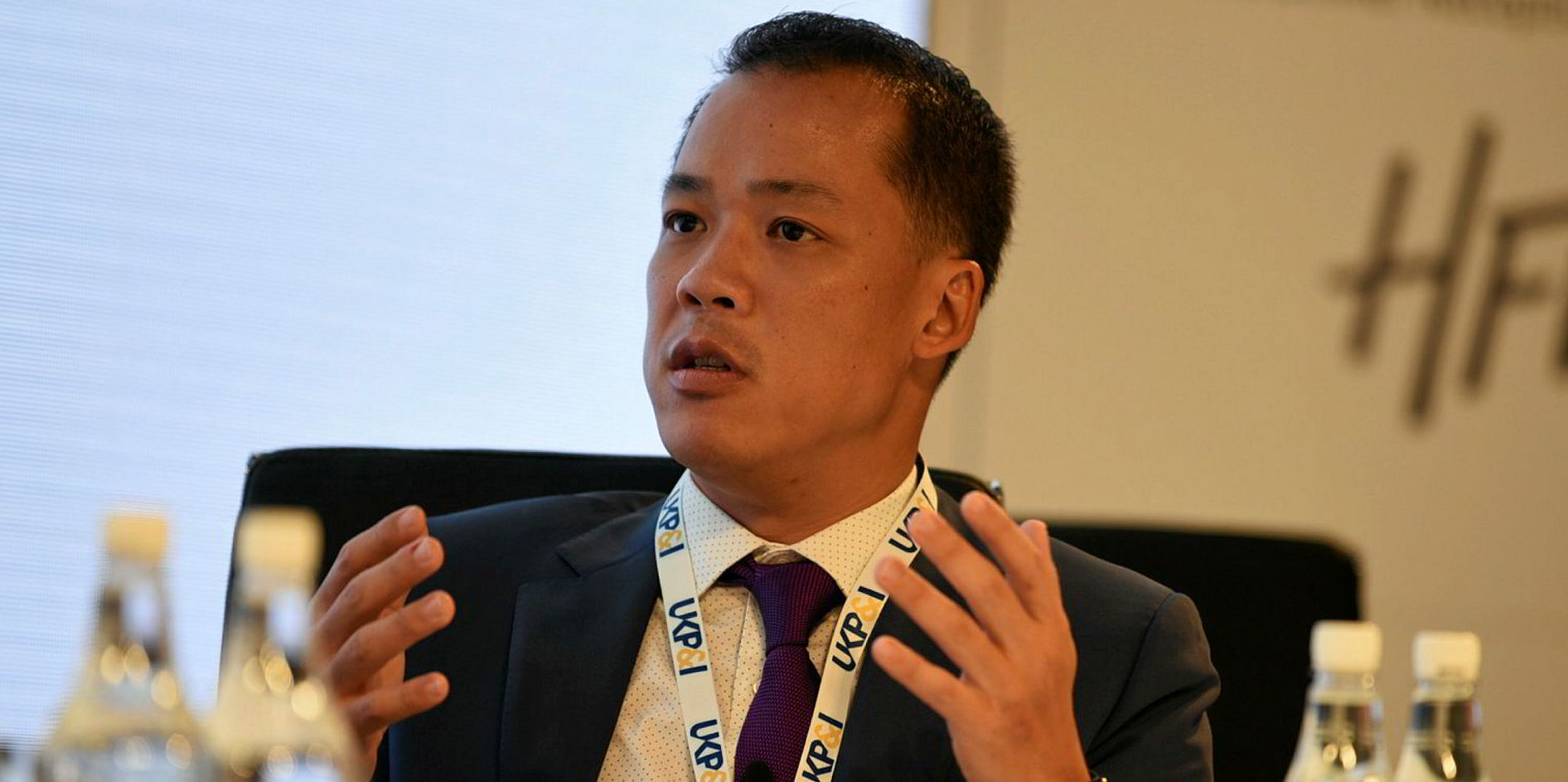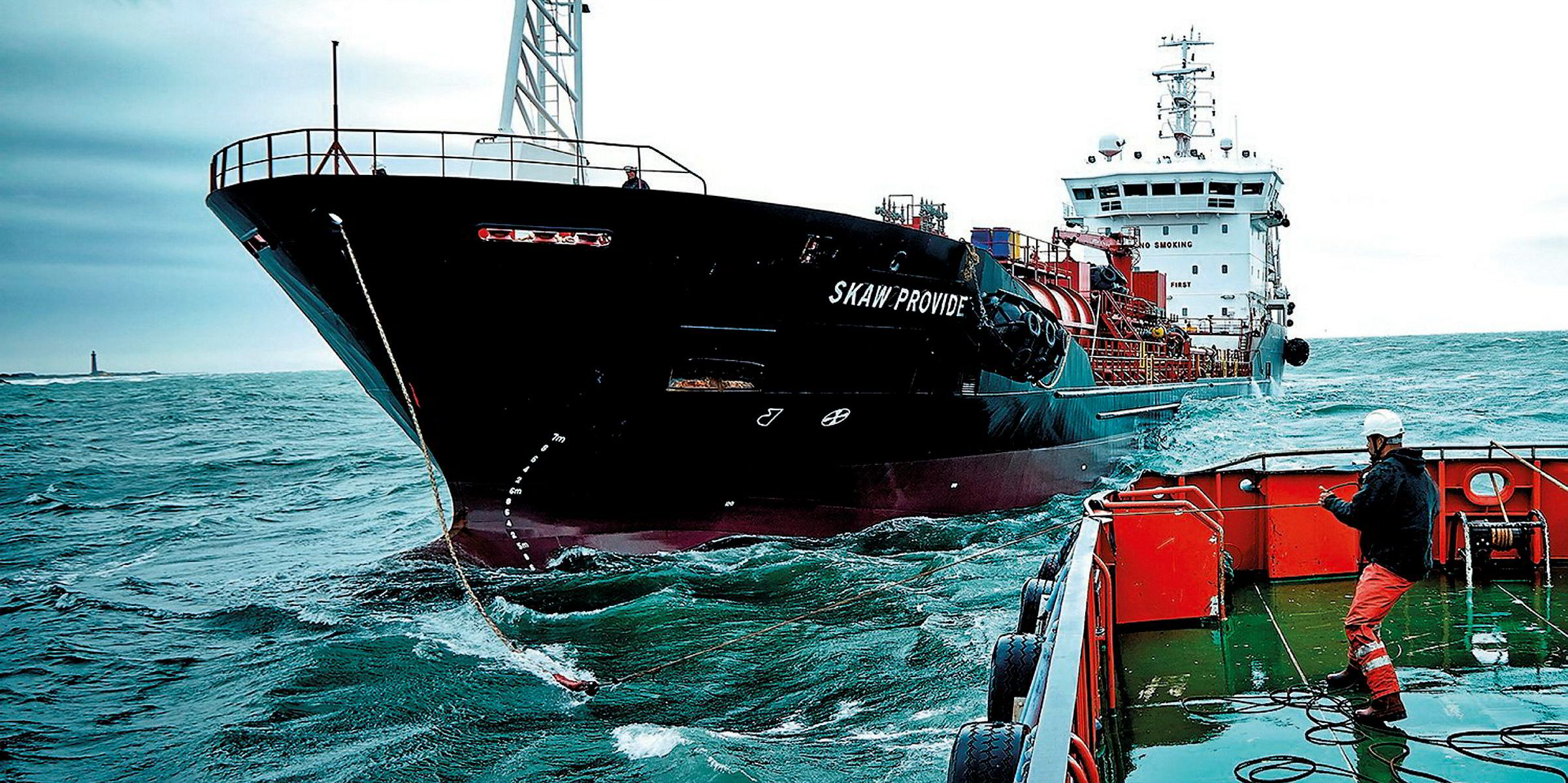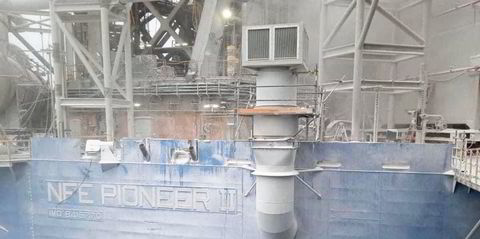Regulators are giving ship investors a difficult time when pushing for green shipping rules, while better coordination between the public and private sectors are needed to achieve the targeted environmental benefits, an industry forum has heard.
When asked about the apparent energy transition from oil to LNG, Bahri Oil’s vice-president for commercial and operations Hisham Nasir Al-Nughaimish, whose company operates one of the world’s largest crude tanker fleets, seemed to shrug it off: “Somebody has to do with oil.”
Instead, Al-Nughaimish expressed worries on the regulatory front. “Every day…the regulators do something, make it very hard for the owners,” he said during the London International Shipping Week’s main conference.
The IMO will lower the global sulphur cap for marine fuels to 0.5% from January, but vessels installed with scrubbers will be allowed to continue consumption of high-sulphur fuel oil.
“You give an easy way out that only serves to confuse owners, operators, and fuel suppliers,” Wan Hai Lines vice-chairman Randy Chen said. “Ultimately you confuse shippers on what they are paying for.”
Moreover, the IMO has aimed to reduce carbon intensity of international shipping by at least 40% from the 2008 level by 2030 and total greenhouse emissions by 50% before 2050.
Member states of the UN body are still discussing implementation measures that will come into force by 2023. The uncertainty is one of the reasons behind persistently low newbuilding investments, according to industry officials.
While stressing that the emission targets are “very important certainly” for the environment, Al-Nughaimish pointed out owners would want to have a better idea on the regulatory framework.
This is because it is crucial for ship investors to evaluate their returns, as low-carbon shipping can cost more. “Owners invest something…they want to get back something,” Al-Nughaimish said.
With alternative, low-carbon fuels expected to be needed for the 2050 target, more clarity would also help charterers that are shouldering fuel costs, according to Al-Nughaimish.
Asked how he would invest with the emerging environmental regulations, Chen said: “It’s very challenging…To put in more capital, it’s always difficult.”
“The industry traditionally has tried to avoid anything just because there is always going to be another port of call, or another jurisdiction where we can escape to, where we do not have to comply.”
“The nature of challenges requires more than just an insulated view of what the industry is. It requires something that extends to the supply chain providers.”
Chen suggested a more positive approach would be to have a “viable dialogue with the regulators” on “a true private-public-partnership that talks about what kind of regulations should be driven”.
While commercial incentives cannot be ignored, the scope of such partnership should cover “a growth map to the future” with a shared vision, he added.
Read all our London International Shipping Week coverage at tinyurl.com/twlisw2019.







